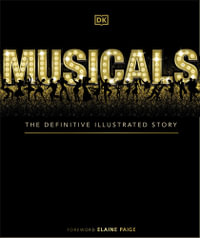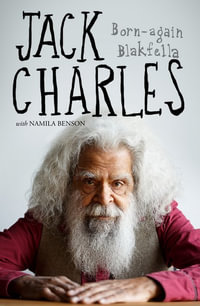During the decades leading up to 1910, Portugal saw vast material improvements under the guise of modernization while in the midst of a significant political transformation - the establishment of the Portuguese First Republic. Urban planning, everyday life, and innovation merged in a rapidly changing Lisbon. Leisure activities for the citizens of the First Republic began to include new forms of musical theater, including operetta and the revue theater. These theatrical forms became an important site for the display of modernity, and the representation of a new national identity.
Author João Silva argues that the rise of these genres is inextricably bound to the complex process through which the idea of Portugal was presented, naturalized, and commodified as a modern nation-state. Entertaining Lisbon studies popular entertainment in Portugal and its connections with modern life and nation-building, showing that the promotion of the nation through entertainment permeated the market for cultural goods. Exploring the Portuguese entertainment market as a reflection of ongoing negotiations between local, national, and transnational influences on identity, Silva intertwines representations of gender, class, ethnicity, and technology with theatrical repertoires, street sounds, and domestic music making. An essential work on Portuguese music in the English language, Entertaining Lisbon is a critical study for scholars and students of musicology interested in Portugal, and popular and theatrical musics, as well as historical ethnomusicologists, cultural historians, and
urban planning researchers interested in the development of material culture.
Industry Reviews
"...Entertaining Lisbon provides an essential panorama of 19th-century music in Lisbon and in Portugal. It will be a valuable contribution to both musical libraries and Social History research centres because of its cultural approach to politics and nationalism." -- María Zozaya-Montes, Transposition
"A fascinating exploration of the musical genres, recording technologies, and ideologies of modernization that stirred up Portuguese society during the last decades of monarchy. The author's command of critical theory enables a deep and engaging analysis of this crucial period of European history."--Rogério Budasz, University of California, Riverside
"João Silva brings a keen historical eye to the objects and discourses that accompanied music and theatre in the Portuguese capital while making a persuasive case for the role of entertainment in the production of space and place."--Dr Richard Elliott, University of Sussex, author of Fado and the Place of Longing: Loss, Memory and the City
























